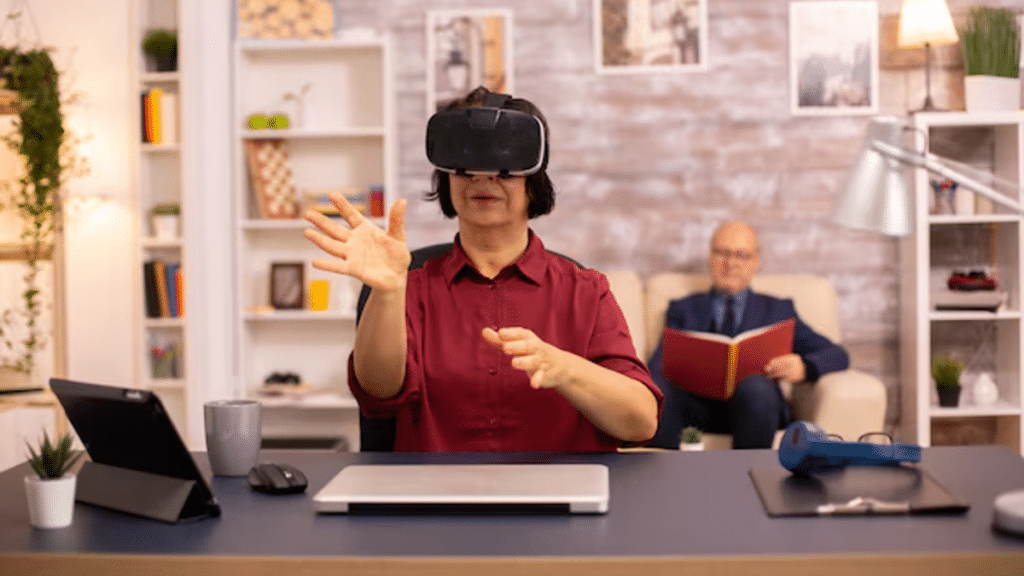As online gaming continues to grow in popularity, it’s essential to address the impact it has on mental health. While online games offer entertainment and opportunities for social interaction, they also pose potential risks, particularly when played excessively or irresponsibly. Understanding how to enjoy games safely and implement mental health protection strategies is crucial for maintaining a balanced relationship with gaming.
Understanding the Connection Between Gaming and Mental Health
Online gaming has become a significant part of modern culture, with millions of people engaging in various types of mahjong ways 2 games daily. However, like any other form of digital engagement, excessive gaming can negatively impact mental health. Some individuals may experience anxiety, depression, or stress due to extended gaming sessions. Conversely, responsible gaming can have positive effects, such as stress relief, cognitive enhancement, and improved problem-solving skills.
Benefits of Online Gaming for Mental Health
Online gaming, when done in moderation, can provide several mental health benefits:
- Stress Relief: Many players turn to games as an escape from daily stressors. Immersive gameplay can offer temporary relief from real-world issues.
- Social Connection: Multiplayer games foster community and allow players to form friendships, reducing feelings of loneliness and isolation.
- Cognitive Stimulation: Strategy-based games, puzzles, and other intellectually demanding games can improve mental sharpness, memory, and critical thinking.
Risks of Overindulgence in Gaming
On the flip side, excessive gaming can lead to harmful effects on mental health:
- Gaming Addiction: In some cases, players may develop a compulsion to game, leading to online gaming addiction. This disorder is characterized by an inability to control gaming habits, resulting in negative consequences in personal, social, and occupational life.
- Increased Anxiety and Depression: Long hours spent playing games can lead to social withdrawal and a sedentary lifestyle, which may contribute to anxiety and depression.
- Poor Sleep Habits: Many gamers play late into the night, disrupting their sleep patterns, which is directly linked to mental health issues such as fatigue, irritability, and poor cognitive function.
Safe Gaming Practices for Mental Health Protection
To ensure that gaming remains a healthy and enjoyable activity, it’s important to adopt safe gaming practices. These strategies not only enhance the gaming experience but also protect mental well-being.
Set Time Limits for Gaming
One of the most effective ways to prevent overindulgence in online garuda303 games is by setting time limits. Keeping gaming sessions to a manageable length reduces the risk of becoming addicted and helps players maintain a healthy balance between gaming and other life activities.
● Use Timers or Alerts: Setting a timer for gaming sessions is a practical way to avoid losing track of time.
● Take Regular Breaks: Pausing for breaks after every hour of gaming can refresh your mind and reduce the risk of mental fatigue.
Maintain a Balanced Lifestyle
Balancing online gaming with other activities is essential for mental well-being. Incorporating physical exercise, social interactions, and hobbies outside of gaming helps maintain a healthy lifestyle and reduces the risk of gaming addiction.
● Incorporate Physical Activity: Regular exercise can help counteract the sedentary nature of gaming and improve overall mental health.
● Pursue Offline Hobbies: Having a hobby outside of gaming provides an alternative outlet for relaxation and creativity, preventing gaming from becoming the sole focus of your free time.
Monitor Emotional Responses to Games
It’s important to be mindful of how games make you feel. Some games can induce stress or frustration, particularly competitive ones. If a game starts to negatively impact your emotions, it may be time to take a break or switch to a less stressful game.
● Know When to Step Away: If gaming begins to cause frustration, anger, or stress, it’s a signal to step away and take a mental health break.
● Avoid Toxic Gaming Communities: Engaging with toxic or negative online communities can contribute to poor mental health. Seek out positive, supportive groups or play solo to minimize negative interactions.
Stay Connected with Friends and Family
Maintaining social connections outside of the gaming world is crucial for mental health. While online friends can be supportive, it’s important to nurture real-world relationships as well.
● Balance Online and Offline Socializing: Make time to hang out with family and friends in real life to maintain a sense of connection and belonging outside of gaming.
Play Games with Positive Themes
Certain games are designed to promote mental well-being, offering calming environments, positive storylines, or engaging puzzles that stimulate the mind. Opt for games that have a constructive impact on your mood rather than ones that are overly competitive or stressful.
● Try Relaxing Games: Games focused on creativity, building, or casual puzzle-solving can be a great way to unwind without adding stress.
Managing Gaming-Related Stress and Burnout
Even with safe gaming practices in place, it’s possible to experience gaming burnout or stress. Here are some additional strategies for managing these feelings:
● Practice Mindfulness: Incorporating mindfulness techniques, such as meditation or deep breathing, can help reduce gaming-induced stress and bring focus back to the present moment.
● Limit Competitive Play: Highly competitive games can cause intense emotional responses. Mixing in more casual, low-stakes games can help reduce stress.
Conclusion
Online gaming, when approached with care and moderation, can be a positive and fulfilling experience. By setting time limits, balancing gaming with other activities, and monitoring emotional responses, players can protect their mental health while enjoying their favorite games. Remember to stay mindful of your gaming habits and make adjustments if gaming starts to impact your mental well-being negatively. Safe gaming practices not only preserve mental health but also ensure that gaming remains a fun and enriching part of life.

